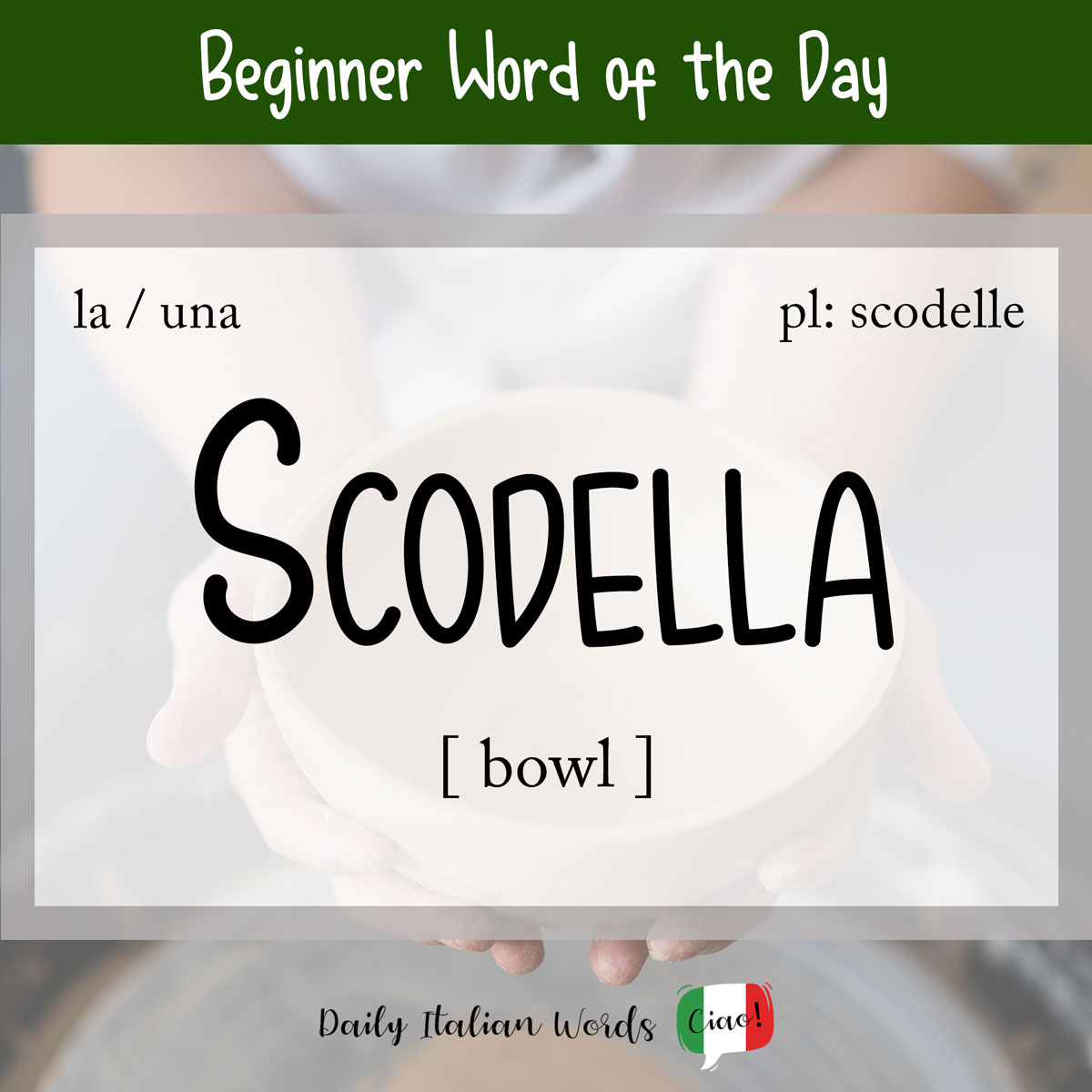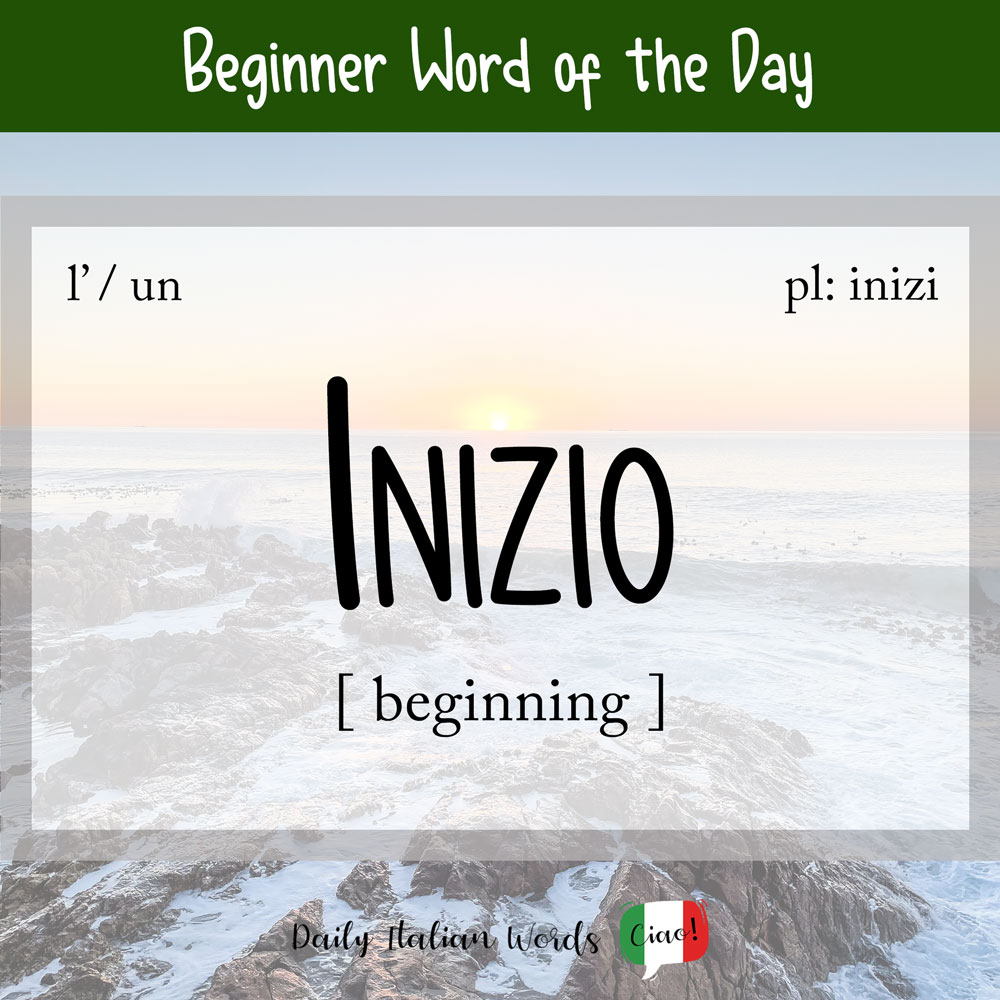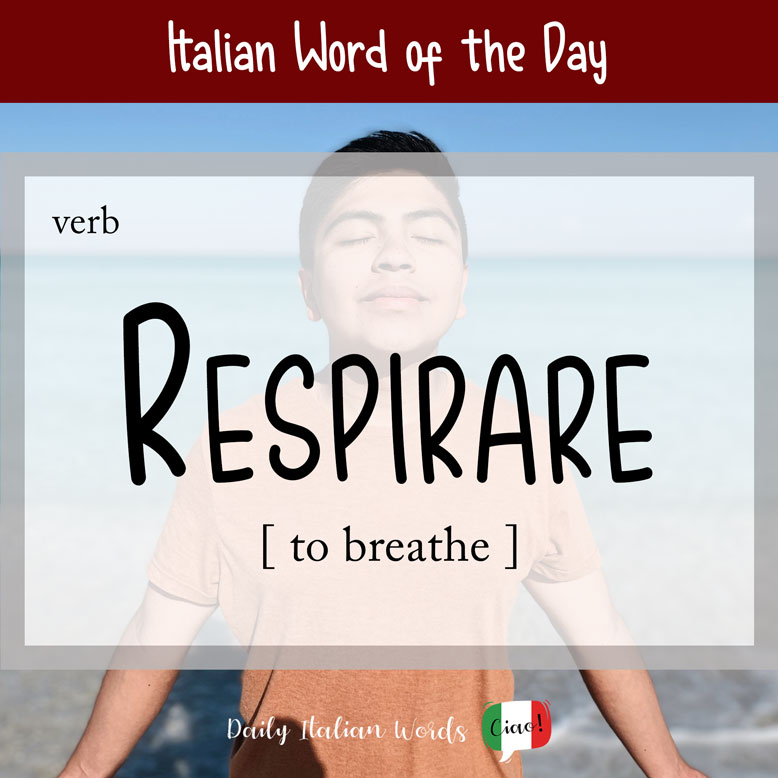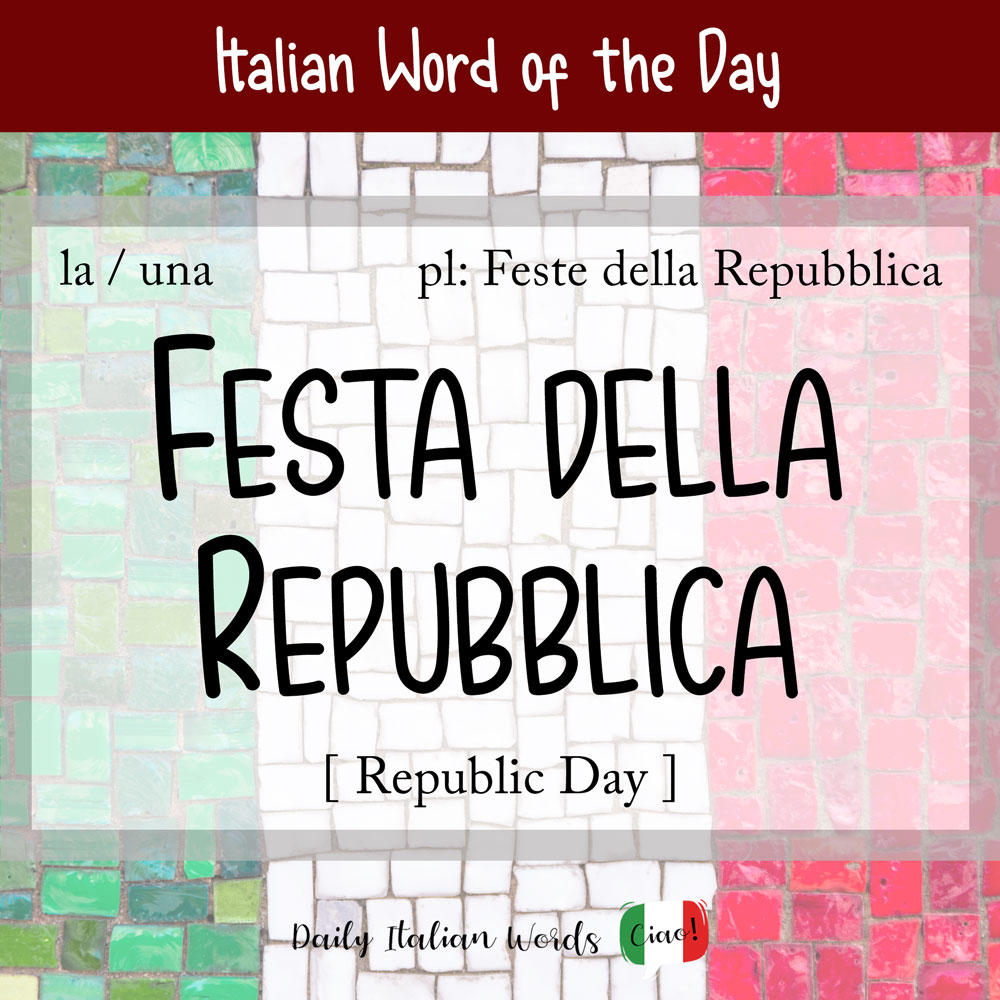Italian Word of the Day: Scodella (bowl)
Scodella (feminine, plural: scodelle) is just one of many words in Italian that can translate as bowl. I’ve settled on this particular word because it is the most generic, but don’t worry, I’ll touch upon the others below! In addition to referring to a handleless cup-like bowl, such as the kind used for breakfast cereal, …






